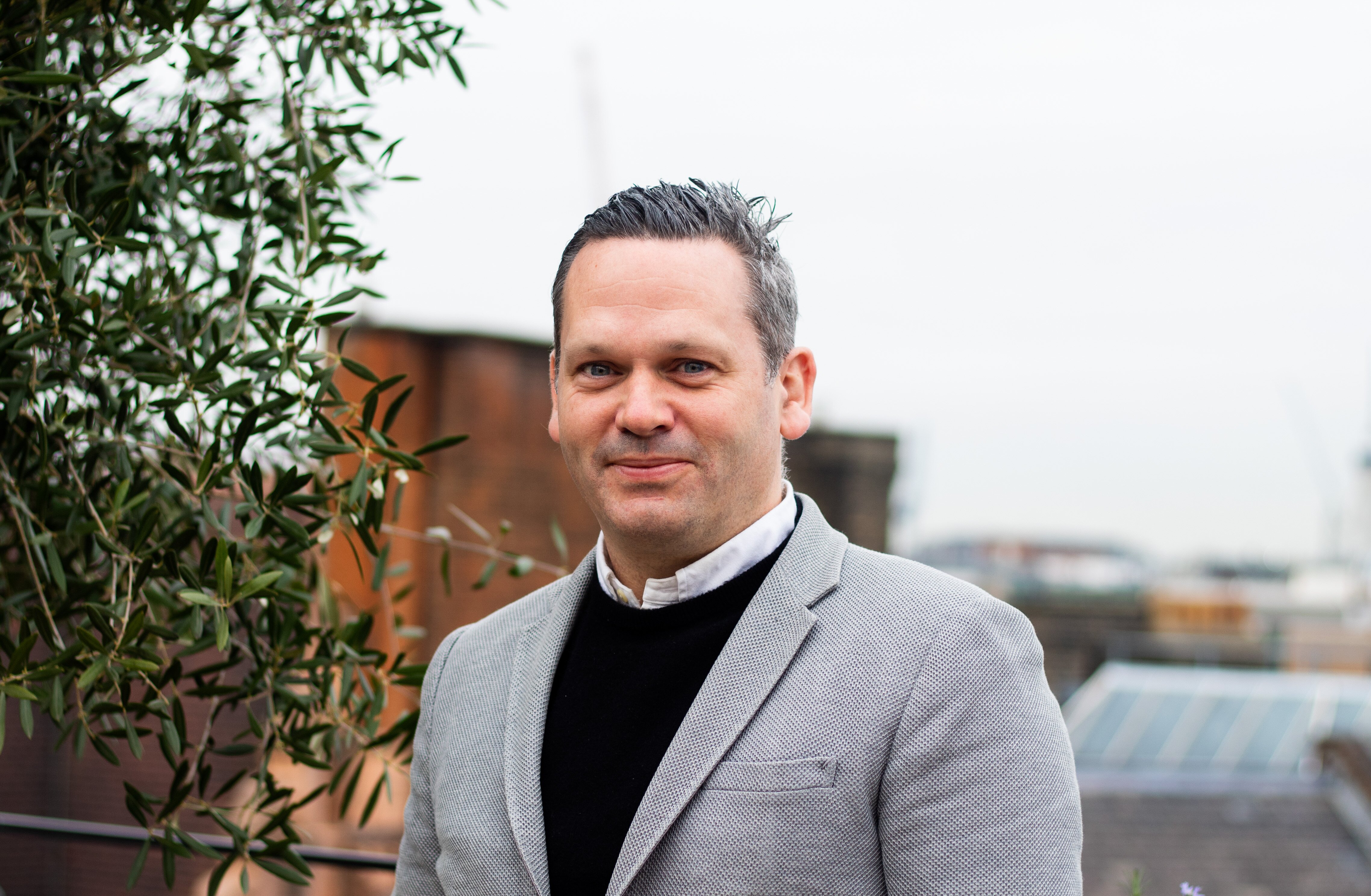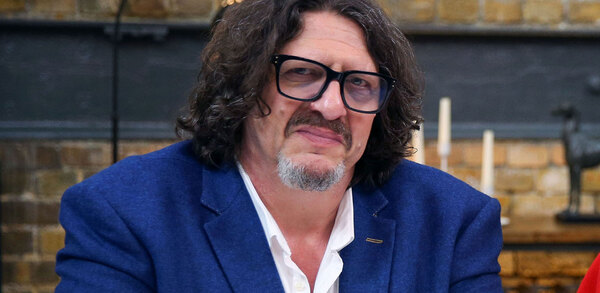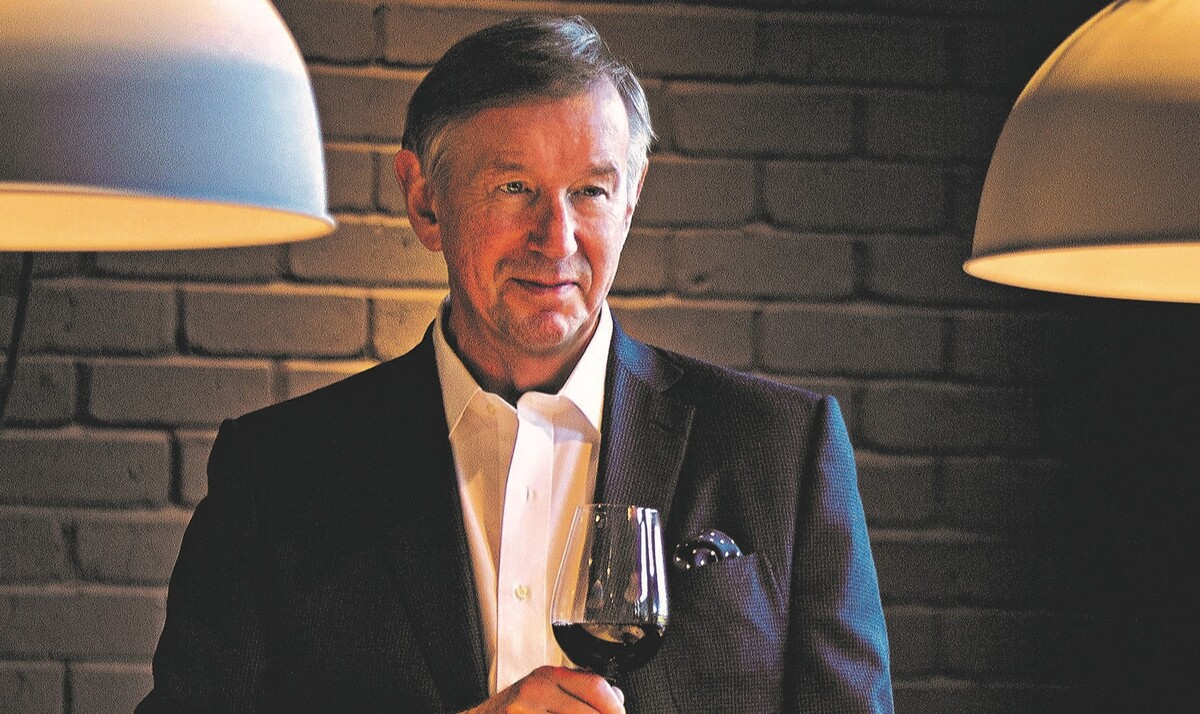Minute on the clock: Joel Williams
Joel Williams is chief executive of the Conduit, a members’ club in London’s Mayfair, designed as a platform for people who are passionate about social change. He tells James Stagg how the business lives and breathes its ethical ethos and promotes sustainability best practice
**The Conduit is pitched as an ethical club for entrepreneurs who are passionate about making a difference. What does that mean in hospitality terms? **
We’re a platform for people who are positive about social change. We are an ethical business with incredible food and beverage, driven by Merlin Labron-Johnson, who’s known for his sustainability and sourcing. We’re 50% vegetarian in our menus and we make a huge effort to understand where everything comes from.
The vision is that we link up people who are like-minded and have interest in social change. There are big events where discussions on social matters happen; we want to be a permanent platform for those conversations.
It sounds like you’re looking to drive change beyond membership?
We do that through education. Through our programming – which is our point of difference – we can share purposes and issues that are of importance to the community. We’re looking to share the dream and have a global impact.
We have an incredible team who are constantly looking for inspirational speakers and people who are striving to make a difference. The building has been renovated and you’ve built in a number of sustainable features.
What are the main things you’ve done?
It’s more about what we’ve put back into – or didn’t remove – from the building. The bars have been repurposed and doors used to make walls.
We’ve done some real work in the kitchen. Our third- and fourthfloor kitchens are both 100% single-use plastic free. We also work hard on waste, using leftover ingredients to make new dishes. All of our leftover bread is used to produce sourdough crackers for our cheese course.
Are your members most attracted by the events programme or is the F&B the main draw?
The events are attractive, but everything we do is linked. The food is of vital importance, as are our cocktails, which are sustainably made. We make all our own juices and mixes. We create syrups from the zest of squeezed oranges and lemons, which we then shake into cocktails for added zing.
Have you had to work hard with suppliers too?
We’ve done an enormous amount of work with suppliers. Even our coasters and trays are made from hemp. I’m looking to get hemp crates recycled in a milk bottle-style system. We source vegetables of all shapes and sizes from the Husbandry School in Devon, a husband-and-wife-run farm that explores ecologically sound land management on Dartmoor. We also work directly with sustainable boats across the country for our fish. There is very little beef on our menus, but what we do serve comes from retired dairy cows.
What is next on the agenda?
For the future we have more space to occupy, so as our membership grows, we’ll grow as a business. But it’s really holding onto the vision that we set out – for instance, in the kitchen, the team only work 45-hour weeks. These things are difficult to maintain and hold onto profitability, but it’s a balancing act we are determined to make work.
Williams will be speaking at The Caterer Summit, taking place on 29 October at the National Gallery, London. www.thecaterersummit.com












